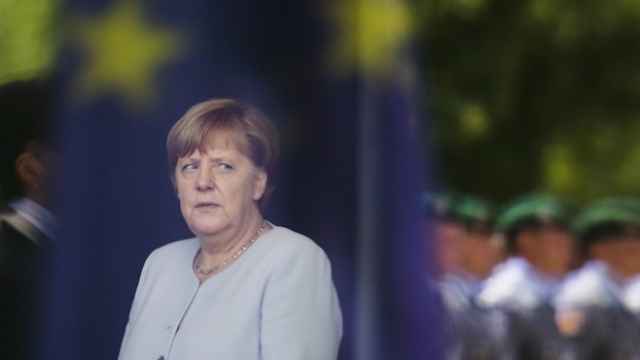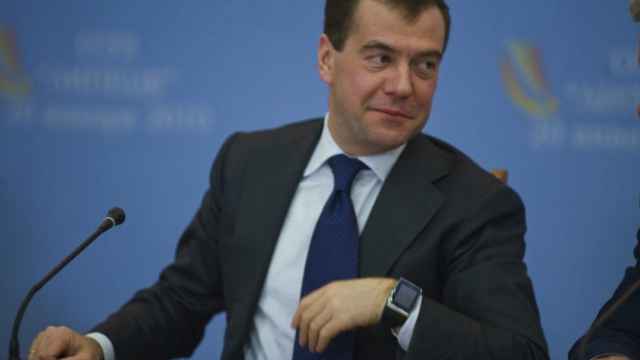Russia’s embargo on Western food imports has caused prices to soar by 31 percent in the last two years, Russia’s Ministry for Economic Development announced Tuesday.
Russia boycotted food imports from a number of Western countries in August 2014 in retaliation for sanctions on Moscow for its annexation of Crimea and ongoing role in the Ukraine conflict.
“Food prices rose by 31.6 percent in two years, one and a half times above the level of inflation,” a ministry spokesman said, claiming that the negative effects of the embargo had already begun to ease by the second half of 2015.
Food price rises contributed 52 percent to national inflation in February 2015, but fell to 31 percent in June 2016.
“The Russian market has managed to adapt to the new conditions. New suppliers were found in the first six months [of the embargo] and orders were made at lower prices”, he said.
The European Union extended economic sanctions against Russia until the end of 2017 in July, prompting Russian president Vladimir Putin to sign a decree extending Russia’s food embargo for the same period.
A Message from The Moscow Times:
Dear readers,
We are facing unprecedented challenges. Russia's Prosecutor General's Office has designated The Moscow Times as an "undesirable" organization, criminalizing our work and putting our staff at risk of prosecution. This follows our earlier unjust labeling as a "foreign agent."
These actions are direct attempts to silence independent journalism in Russia. The authorities claim our work "discredits the decisions of the Russian leadership." We see things differently: we strive to provide accurate, unbiased reporting on Russia.
We, the journalists of The Moscow Times, refuse to be silenced. But to continue our work, we need your help.
Your support, no matter how small, makes a world of difference. If you can, please support us monthly starting from just $2. It's quick to set up, and every contribution makes a significant impact.
By supporting The Moscow Times, you're defending open, independent journalism in the face of repression. Thank you for standing with us.
Remind me later.




